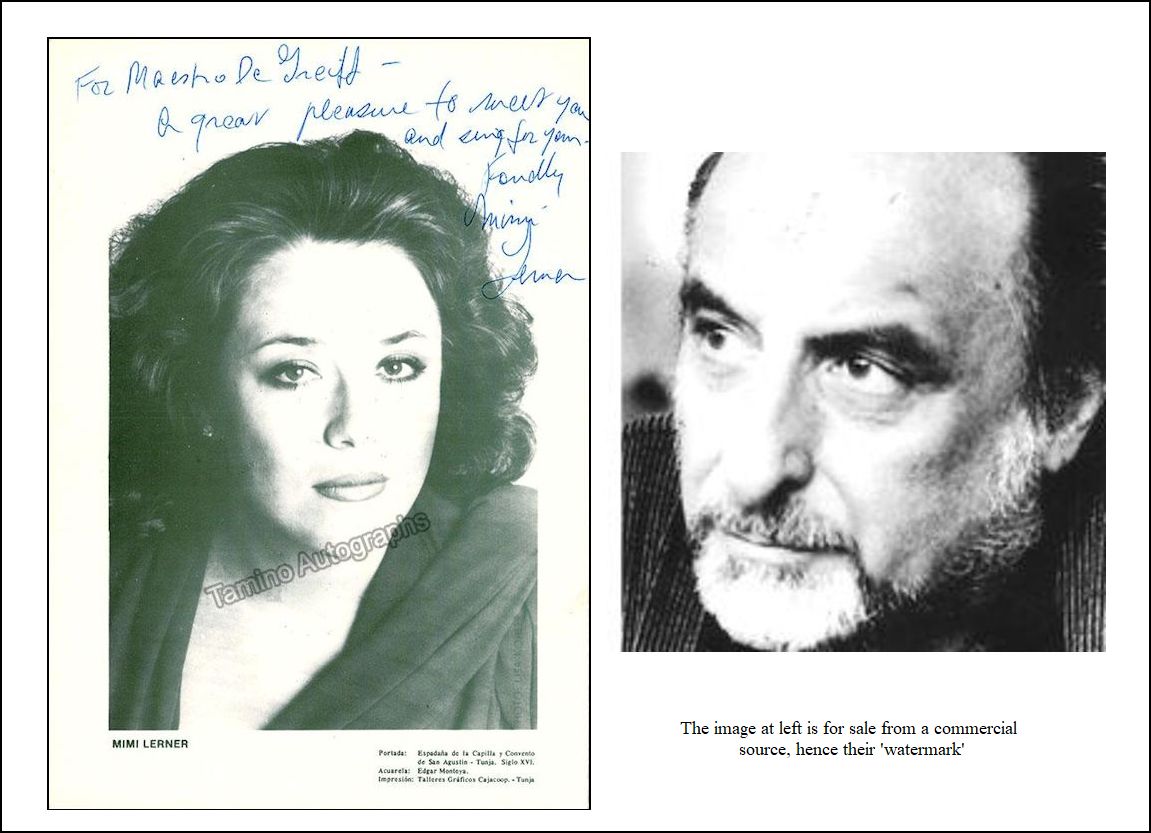

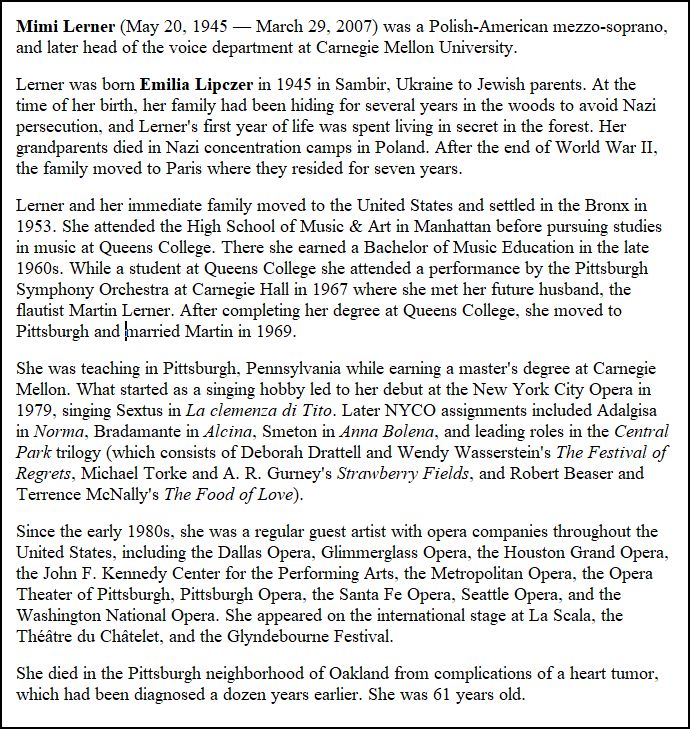
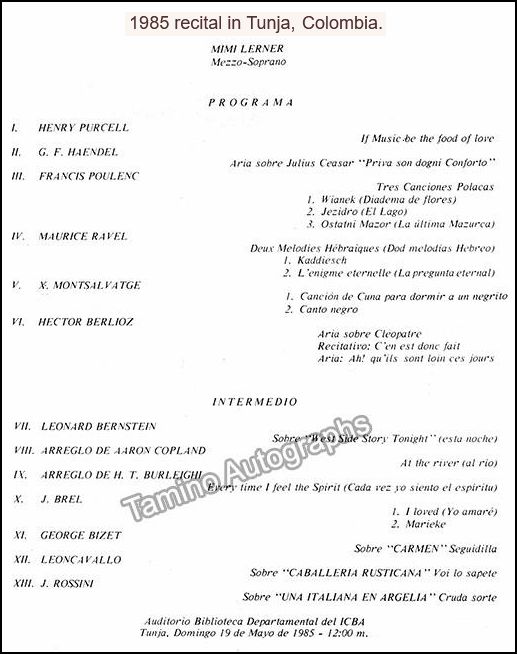
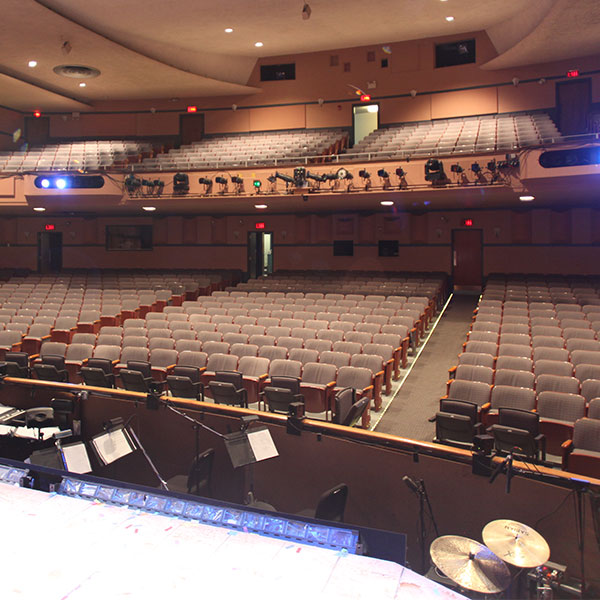
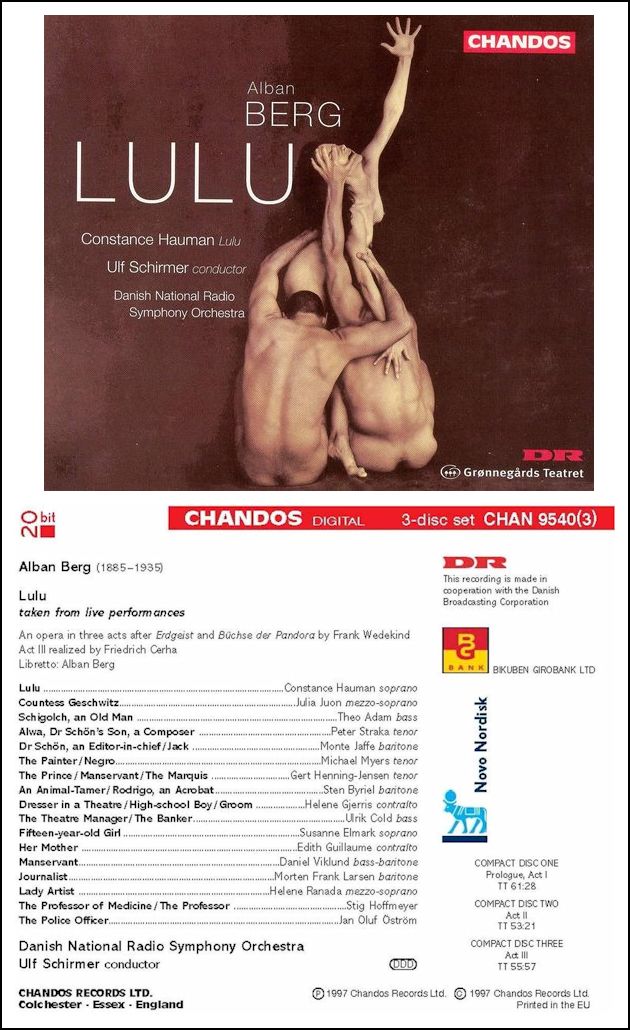
|
The Turnau Opera seems to have been “rounded up” by Sally Turnau, wife of Joseph Turnau, who as professor of music at Hunter College had become one of The Driving Forces in American opera. It remains more than acceptable to assume that Turnau, himself, made several early decisions concerning The Turnau Opera Players (as they were formerly known) especially at the audition level. Professor Turnau was explicit: European works on these shores must be translated superbly and performed masterfully in English. He also became one of the pioneers to insist that gifted “singers of color” study at top levels, preparing them to compete in perhaps the most exclusively Caucasian artform in the western world. Sally carried her husband’s cachet and extended an invitation to Barbara Owens to become stage director. Owens had studied with Joseph Turnau and shared his ideals. Then — of course — there were the singers. Many were young talent performing small roles in the New York City Opera, invited by the Turnaus to audition and, with luck, join this John Paul Jones of opera in a painter’s town in the Catskills, here to unleash their lungs and spread soon-to-be-strong wings. In 1958, George Shirley, a young man destined to be the first black tenor to perform at the Metropolitan Opera three short years later (1961), had never appeared on an operatic stage...[From an article by Tad Wise in Hudson Valley
One, September 2012]
|
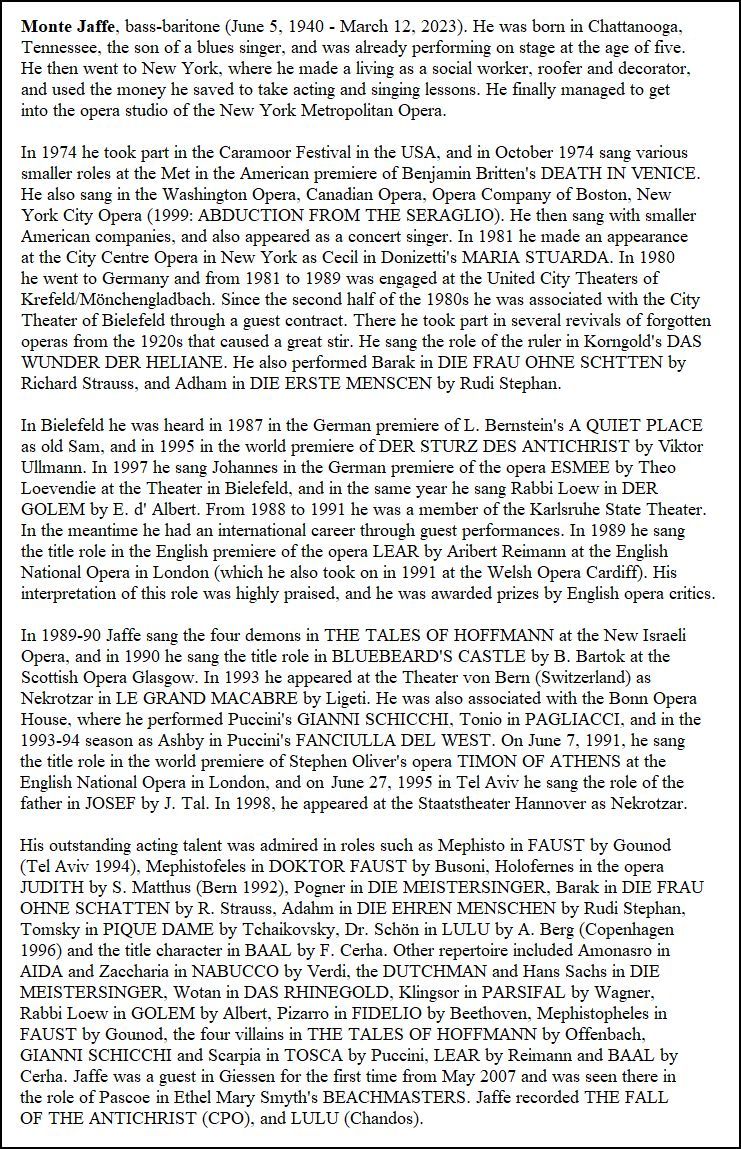
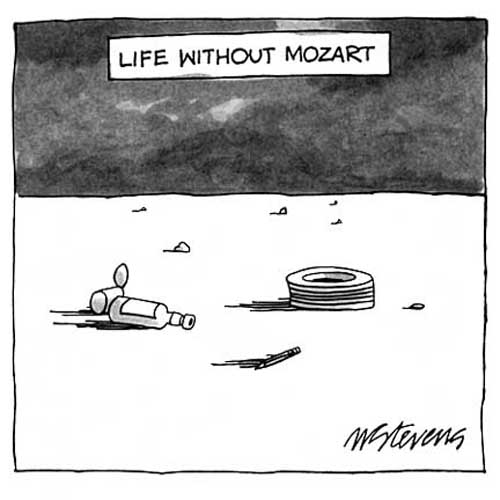
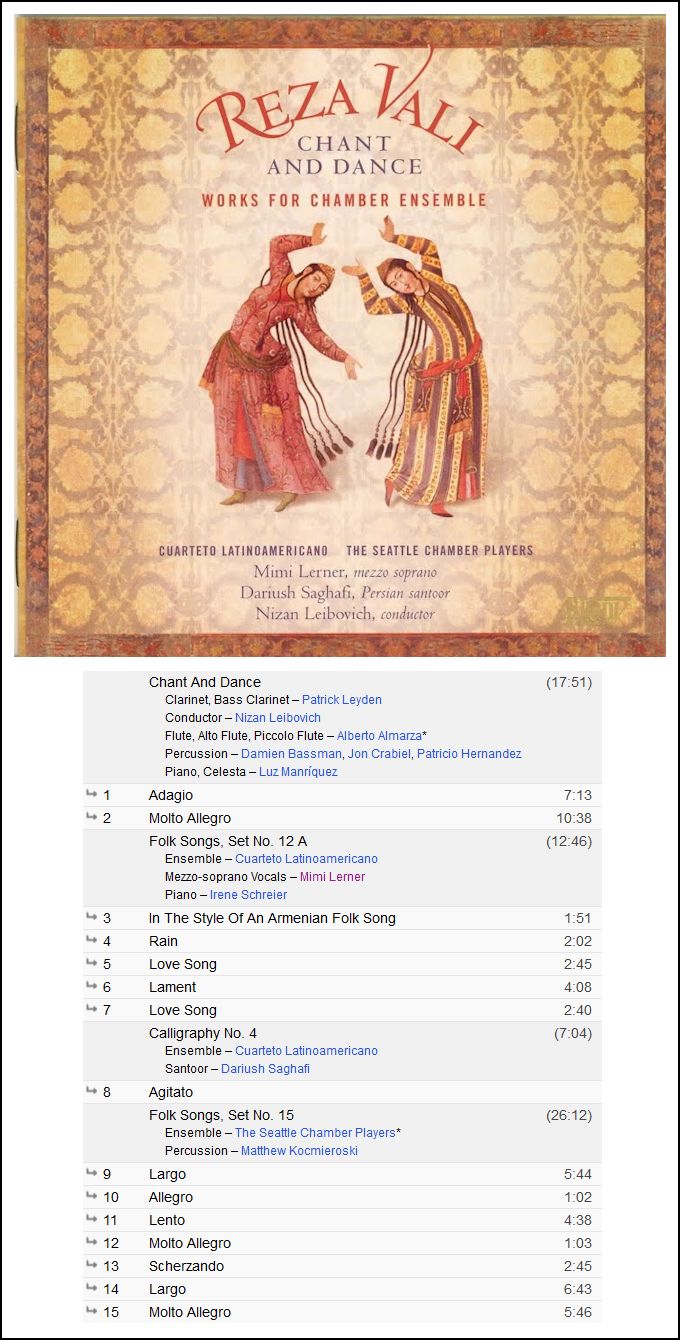
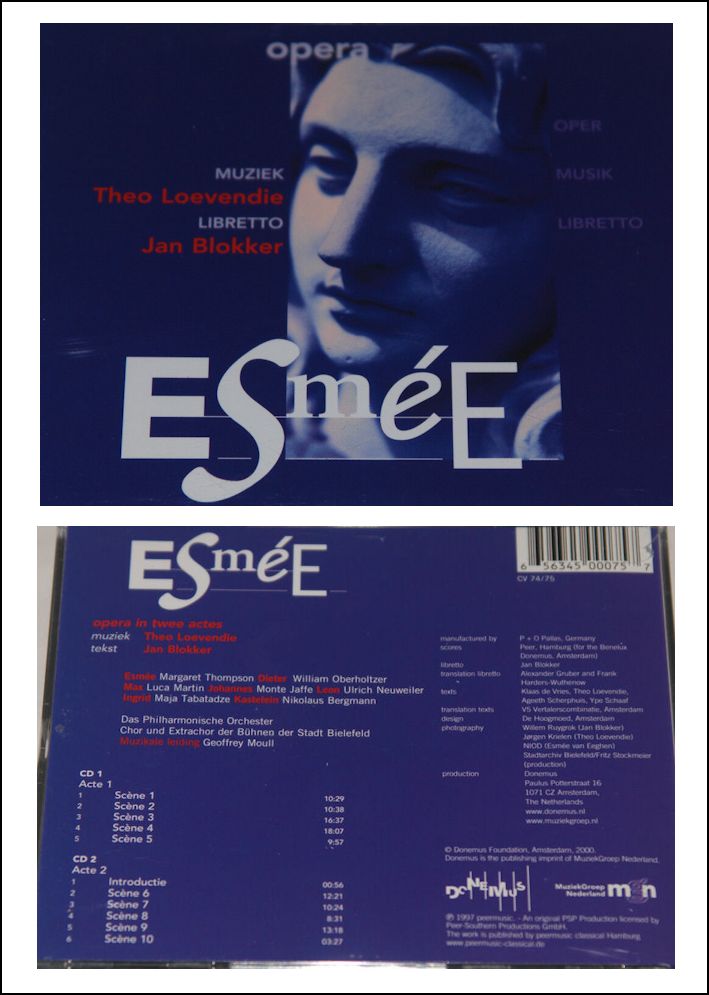
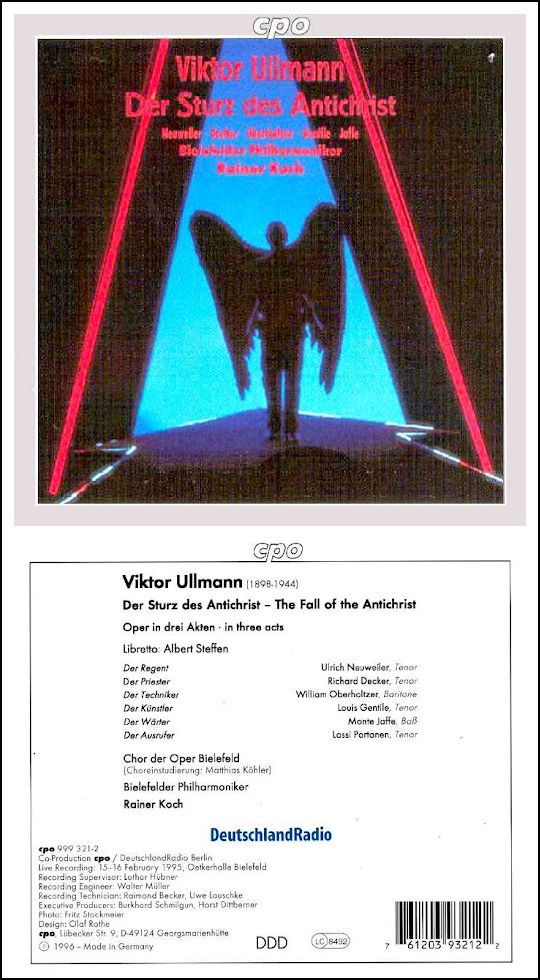
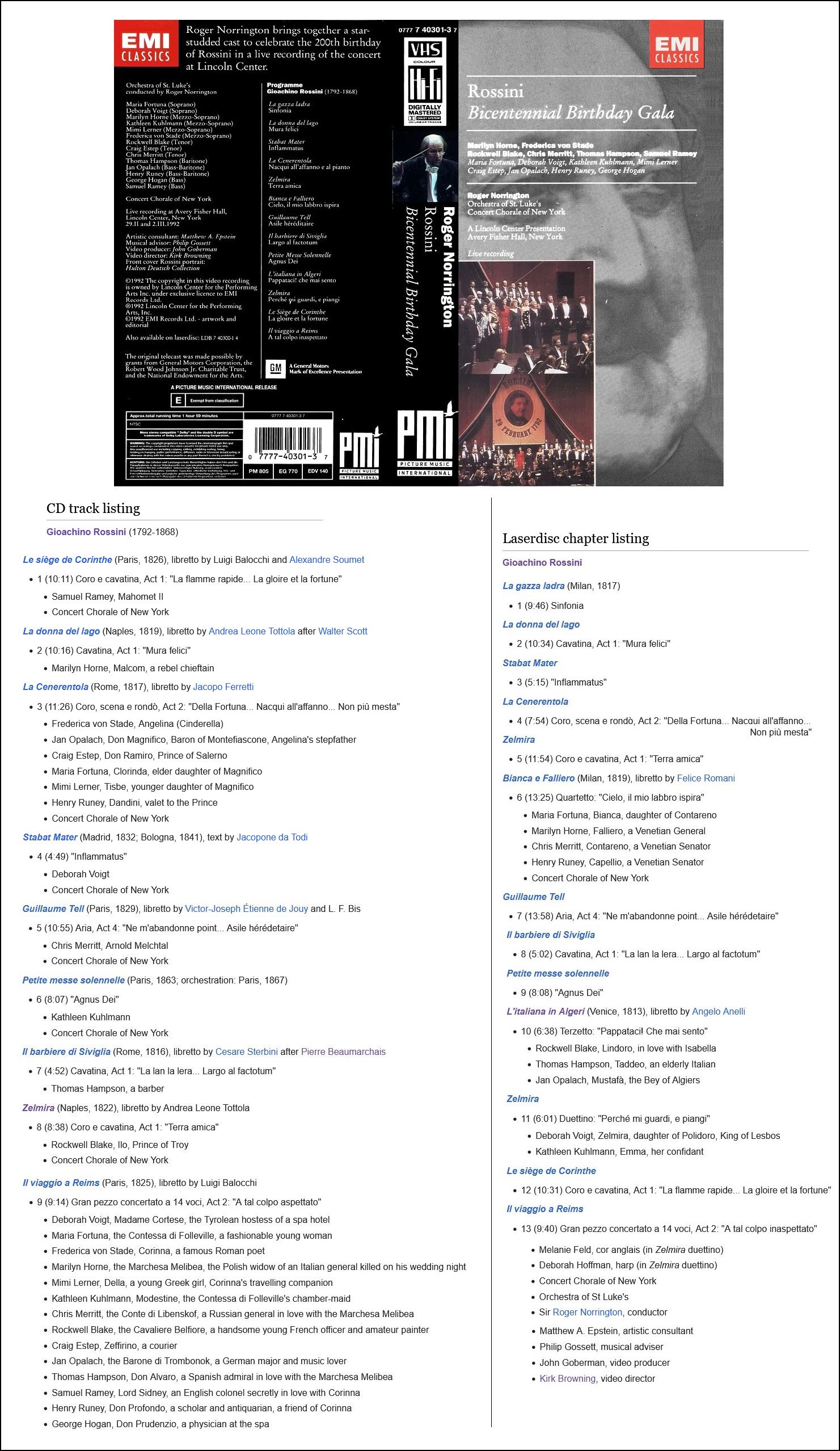
© 1980 Bruce Duffie
This conversation was recorded in Chicago on June 23, 1980. Portions were broadcast on WNIB the following evening. This transcription was made in 2024, and posted on this website at that time. My thanks to British soprano Una Barry for her help in preparing this website presentation.
To see a full list (with links) of interviews which have been transcribed and posted on this website, click here. To read my thoughts on editing these interviews for print, as well as a few other interesting observations, click here.
Award - winning broadcaster Bruce Duffie was with WNIB, Classical 97 in Chicago from 1975 until its final moment as a classical station in February of 2001. His interviews have also appeared in various magazines and journals since 1980, and he now continues his broadcast series on WNUR-FM, as well as on Contemporary Classical Internet Radio.
You are invited to visit his website for more information about his work, including selected transcripts of other interviews, plus a full list of his guests. He would also like to call your attention to the photos and information about his grandfather, who was a pioneer in the automotive field more than a century ago. You may also send him E-Mail with comments, questions and suggestions.